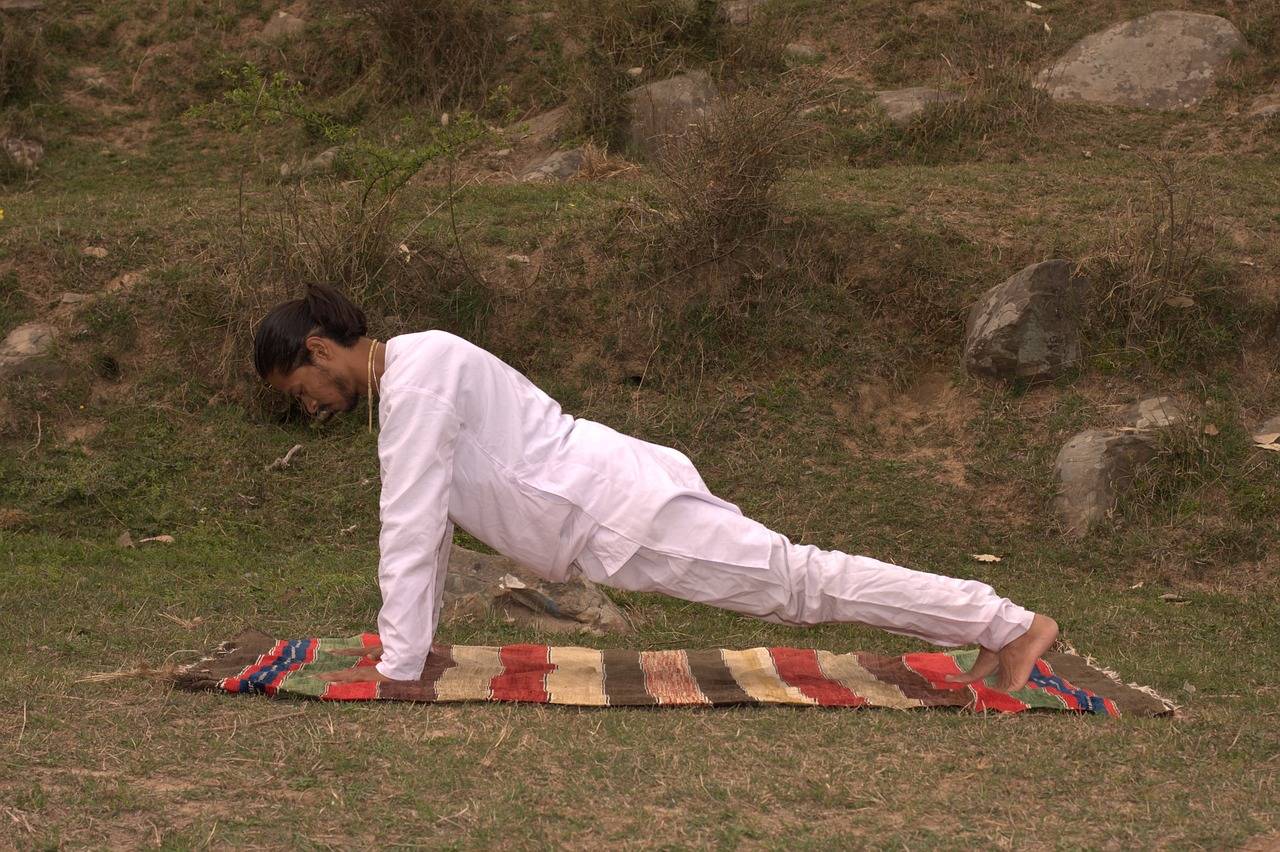The Relationship Between Health and Social Media Addiction
Social media has become an integral part of our daily lives, with many individuals spending hours scrolling through various social platforms. This excessive use can have detrimental effects on mental health, leading to increased feelings of loneliness, anxiety, and depression. The constant exposure to curated content and comparison with others can contribute to low self-esteem and negative self-perception.
Moreover, the addictive nature of social media can disrupt sleep patterns and lead to decreased quality of rest. The constant need to check notifications and engage with online content can result in disrupted circadian rhythms and difficulty in falling asleep. This continuous cycle of staying connected virtually can impact overall mental well-being and contribute to heightened stress levels in individuals.
Physical Health Consequences of Social Media Addiction
Excessive social media use has been linked to a range of physical health consequences. One common issue is the negative impact on sleep patterns. Spending hours scrolling through social media feeds before bed can disrupt the body’s natural sleep cycle, leading to difficulties falling asleep and poor sleep quality. This can result in feelings of fatigue, lack of focus, and even affect overall productivity during the day.
Moreover, prolonged exposure to screens from social media use can also strain the eyes and cause discomfort such as dryness, headaches, and blurred vision. This digital eye strain is exacerbated by the tendency to stare at screens for extended periods without taking breaks or adjusting lighting conditions. Over time, such habits can contribute to more serious eye problems and discomfort that may require medical intervention.
How Social Media Addiction Can Affect Relationships
Social media addiction can significantly alter the dynamics and quality of relationships. Excessive time spent on social platforms often leads to neglect of real-life interactions, causing feelings of isolation and disconnection among partners, friends, and family members. As individuals become engrossed in virtual connections, they may unintentionally distance themselves from those physically present, leading to strained communication and emotional disconnect within relationships.
Furthermore, the curated nature of social media can contribute to unrealistic expectations and comparisons within relationships. Constant exposure to carefully crafted online images and idealized lifestyles may create feelings of inadequacy and insecurity in individuals, impacting their self-esteem and overall satisfaction in their relationships. This can potentially lead to feelings of jealousy, distrust, and resentment among partners, as they may feel pressured to live up to the unrealistic standards perpetuated by social media portrayals.





